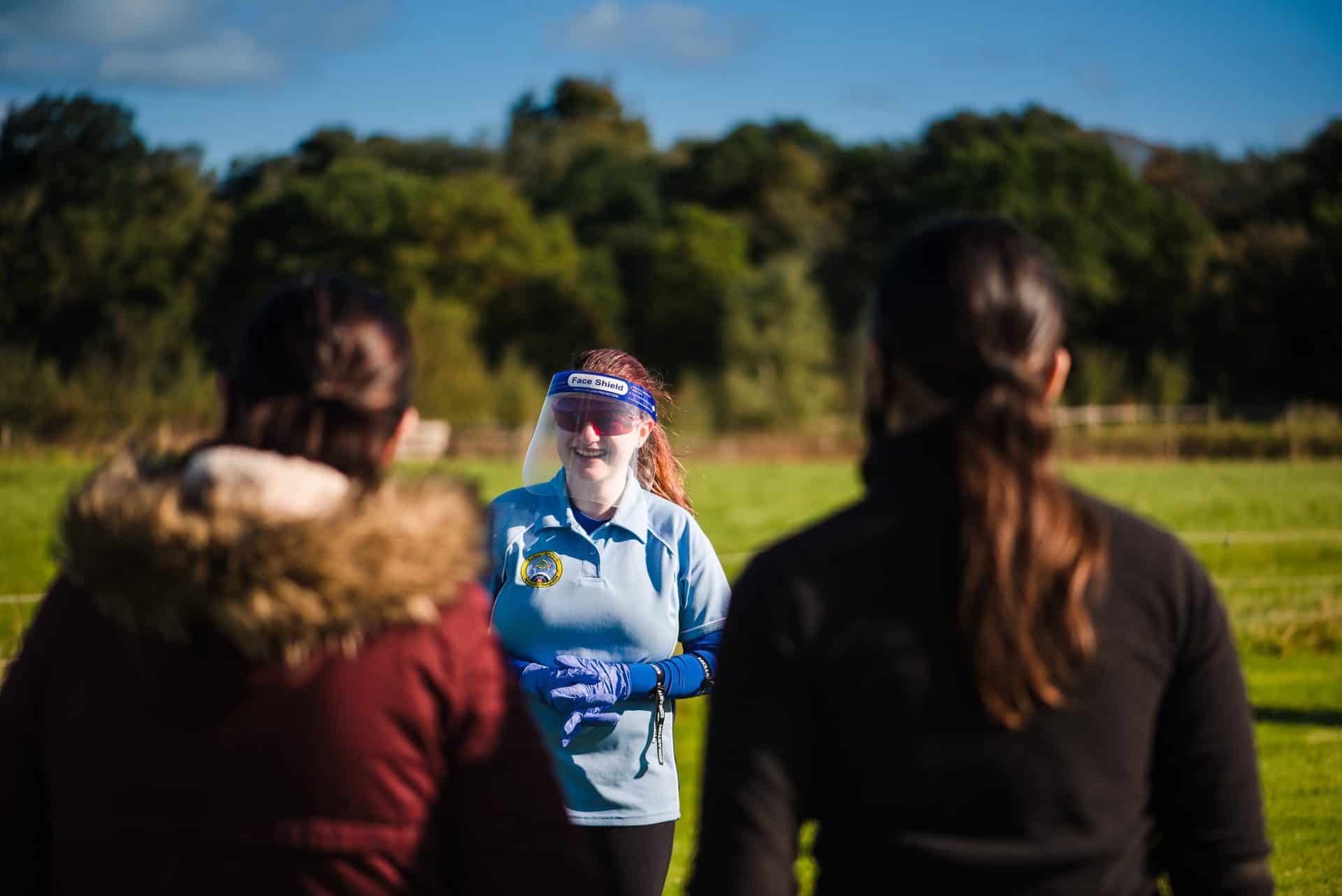New research identifies opportunities to support 8.3m women in England when they take a break from sport.

A new report by Sports Marketing Surveys has found that 48% of women take a break from and return to their sport. This means that potentially 8.3 million women are likely to take a break from their main sport at some point in their sporting journey. If sports can better support women to take fewer and shorter breaks, they can significantly help more women to remain engaged in sport.
The research is the brainchild of Sports Marketing Surveys, which has been providing cutting-edge data and insight to the sports and leisure industry since 1984. The full report, which covers women taking part in a wide range of sports across England, is available as a free download from Sports Marketing Surveys' Online Research Store.
Insights include how women's experiences of different sports change through education as well as at key stages of adulthood. It compares activity frequency over time, the main motivations for engaging with sports at different ages, and barriers that resulted in less frequent or lapsed participation at particular points in life. In this way, the study identifies high risk age categories at which participants are most likely to drop out of sport, as well as prime ages to return. These insights can be transformed into new initiatives and pricing strategies to help keep women active and involved in a range of sports.
One of the most striking findings at an overall level was that maternity, although clearly a major factor, cannot be a scapegoat for the imbalances in the number of women playing sport throughout adulthood. Instead, with many women citing a lack of time for a number of reasons, the report argues that it is the value of sport which needs to be reframed, as something that is a guilt-free, valuable activity that can help women's mental and physical health in a huge variety of ways.
Within archery, the majority of respondents currently in the sport identify as female, aged 36-55 years old (41%) compared with men in the same age group (33%). Within that same age bracket, 36% of female respondents took up the sport for the very first time, by far the most common life stage of all female respondents to start archery.
Forty per cent of 18-35 year old females took a break from archery for more than a year (and 41% of men) citing ‘lack of time' (female, 29%) as the most common reason, during the life stage when work and family demands often take precedence. Interestingly, female respondents also cite reasons including a lack of confidence, lack of other women participating, accessibility, cost and time as barriers they have faced in the sport.
Hannah Sprake, who led the launch of the Sporting Journeys programme, added: Â"This research reinforces the importance of recognising that not all sporting journeys are linear. Many are squiggly or interrupted, and one thing that is clear is that sports bodies can play a key role in supporting women to navigate their own sporting journeys. They can provide a compassionate environment, help women to conquer confidence gremlins and challenge embedded societal assumptions to normalise squiggly sporting journeys. Sports can become activities for life, because while every woman's sporting journey is different, every woman's life can be enriched by sport.”
The report also segments key life stages where new strategies are particularly vital. From age 36-55 in particular is when many women stop playing sport, but many others return. The report therefore examines how cries like 'I wish I'd returned sooner' could be replaced with programmes that enable people to 'come back as soon as I was ready'.
To that end, the report identifies strategies that sports providers can put in place. In particular, it suggests:
Sue Anstiss MBE, SMS' special advisor for women's sport, concludes: "There's so much in this report that resonated with me - both professionally and personally - and I know that the findings will provide a fascinating insight for all those driving sports participation for women and girls. What I was particularly excited to see was that the research highlights the enormous positive impact of providing compassionate, welcoming environments and showcasing women of all ages and backgrounds participating. This and other results are going to be hugely significant for many sports bodies."
Archery GB is delighted with the high volume of archers who took part and supported this research study. Many thanks to you all.